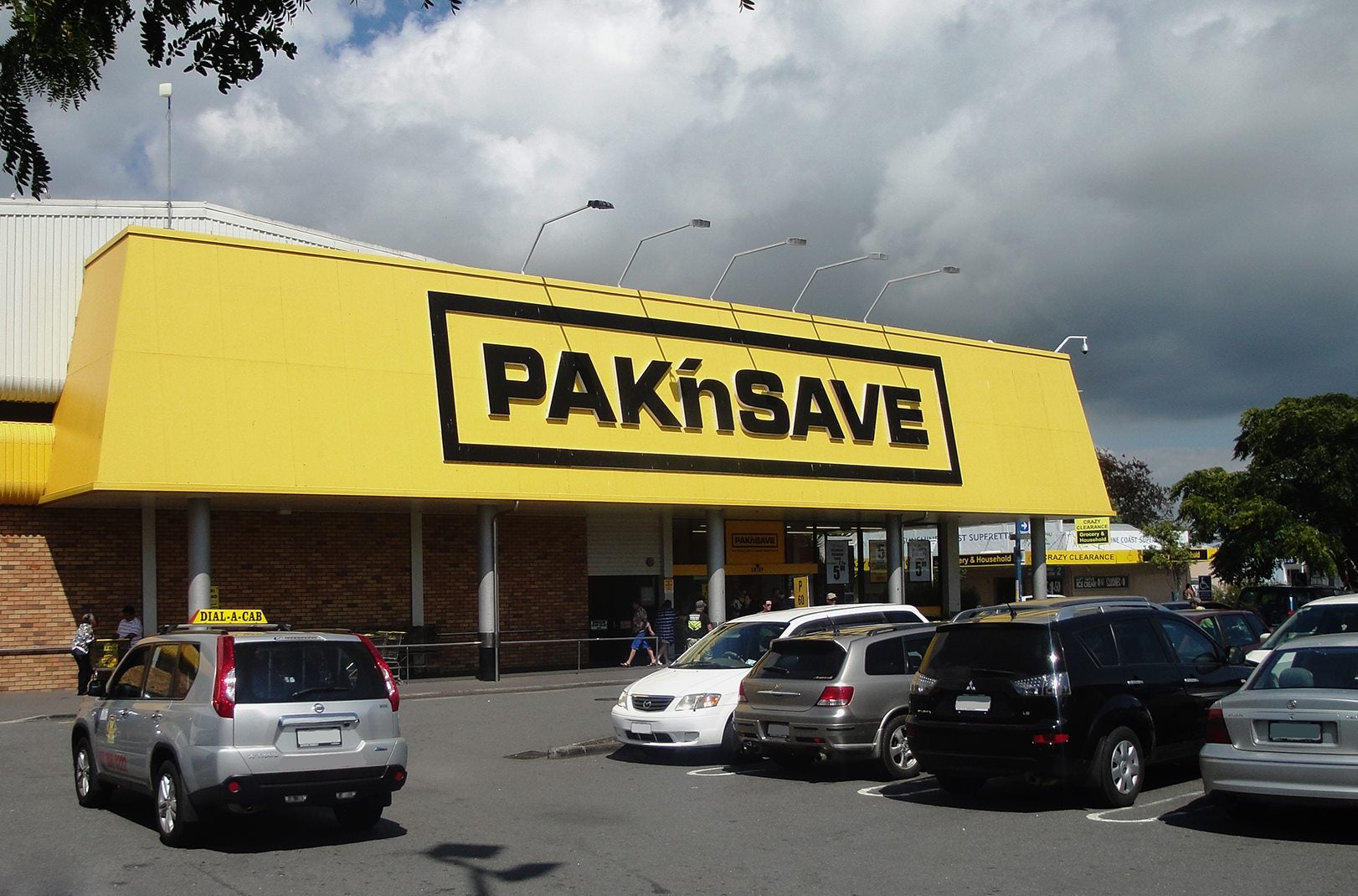
An investigation into competition in the New Zealand grocery market has called for a mandatory code of conduct for relationships between suppliers and retailers.
The code would, the country’s Commerce Commission, believes improve transparency and ban unfair conduct.

Discover B2B Marketing That Performs
Combine business intelligence and editorial excellence to reach engaged professionals across 36 leading media platforms.
A code is among a number of recommendations put forward by the watchdog to “increase competition and help improve the price, quality and range of groceries and services available to New Zealanders”.
It was asked to look into the sector by the New Zealand government in November 2020 and reported its initial findings in August last year.
Commission Chair Anna Rawlings said the final report – published yesterday (8 March) – has concluded competition in the grocery sector is not working well for New Zealand consumers.
“We have found that the intensity of competition between the major grocery retailers who dominate the market, Woolworths NZ and Foodstuffs, is muted and competitors wanting to enter or expand face significant challenges,” she said.

US Tariffs are shifting - will you react or anticipate?
Don’t let policy changes catch you off guard. Stay proactive with real-time data and expert analysis.
By GlobalDataAs far as suppliers are concerned, the report recommended “improving access to the wholesale supply of a wide range of groceries at competitive prices” and for the “criteria for obtaining supply and terms and conditions of supply to be transparent”.
Rawlings said: “Many grocery suppliers fear having their products removed from store shelves if they do not agree to accept some costs, risks, and contractual uncertainty. This can reduce the ability and incentive for suppliers to invest and innovate, reducing choice for consumers.”
The report also considered whether to allow collective bargaining by some suppliers.
Rawlings emphasised in her report the lack of competition at the top end of the country’s grocery market. Woolworths NZ and Foodstuffs have an 80% share of the country’s NZD22bn (US$15.06bn) supermarket sector.
“While there is an increasingly diverse fringe of other competitors in the sector, they are unable to compete effectively with Woolworths NZ and Foodstuffs on price, product range, and store location to offer the convenience of one-stop shopping for the many different kinds of shopping missions that consumers undertake,” she said.
The report highlighted New Zealand’s retail grocery prices appear comparatively high by international standards and that the profitability of major retailers also appears high.
The Commission has proposed a dispute resolution scheme and an industry regulator responsible for monitoring and oversight to help ensure changes have the desired effect.
It also wants to see more land made available for new grocery stores and the monitoring of land banking by the major grocery retailers.
The final report and recommendations are now with the New Zealand government to review and consider.
Commerce and Consumer Affairs Minister David Clark has already said the findings of the Commerce Commission make it “clear the sector is not working competition in the retail grocery sector is not working”.
He added: “Consumers could get better prices, range and quality if action is taken. I know there is a desire to see us act swiftly on this too, and I want New Zealanders to know this will be the case. From today, we will immediately progress work to address the Commission’s recommendations.
“This includes exploring how a Code of Conduct between major retailers and suppliers could be developed and looking at the role a dedicated regulator for the grocery sector could play.
“When New Zealand supermarkets are making more than double what the Commerce Commission considers to be a normal rate of return on capital for grocery retailing, it’s clear there is a problem with competition that needs to be fixed.”





